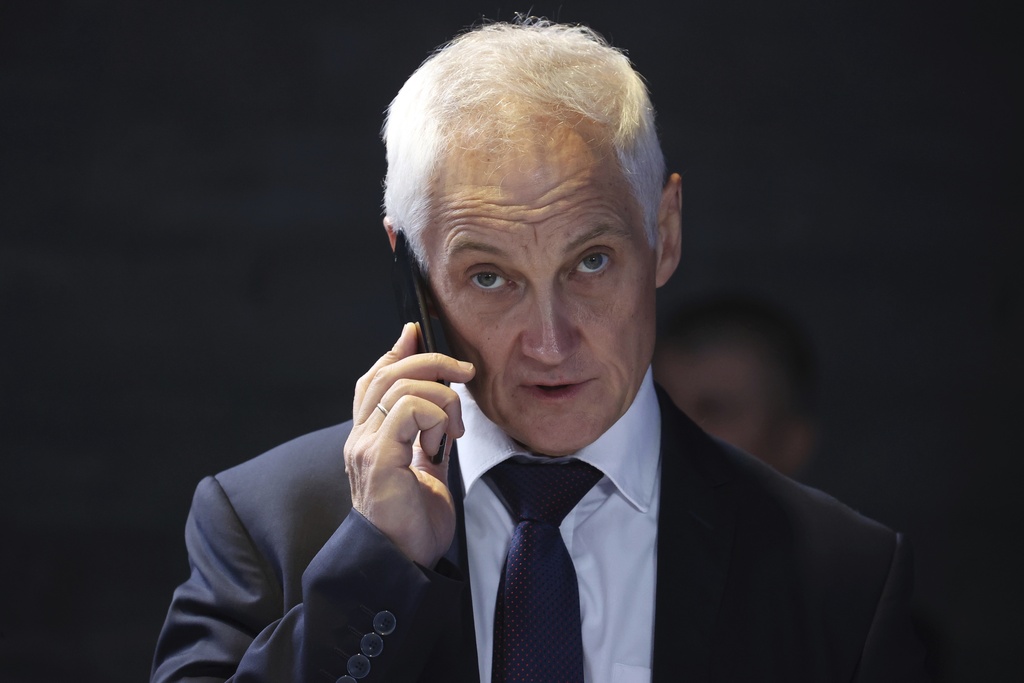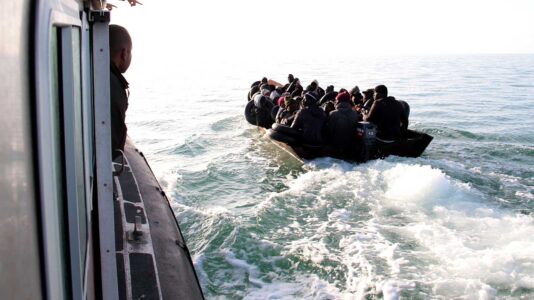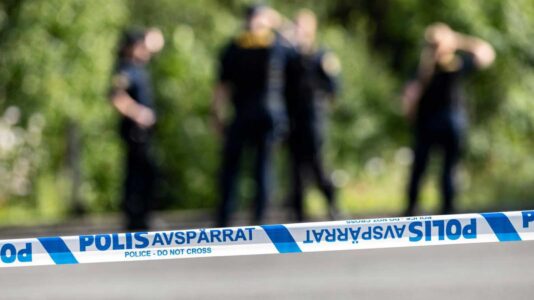In a significant move that reflects Russian President Vladimir Putin’s strategic intentions, Andrei Belousov has been appointed as the new defense minister of Russia. According to insights from the American think tank Institute for the Study of War (ISW), this decision underscores Putin’s desire to energize Russia’s arms industry for a prolonged war with Ukraine and possibly future confrontations with NATO.
Belousov replaces Sergei Shoigu, who will now serve as the secretary of Russia’s security council. The outgoing secretary, the powerful Nikolai Patrushev, is set to assume a new position, details of which are yet to be disclosed, announced Kremlin spokesperson Dmitry Peskov on Sunday. Belousov will also be Putin’s deputy on the Military-Industrial Commission.
The new defense minister, Belousov, lacks military experience but is noted for his effectiveness as a technocrat and his close ties to Putin. An economist by profession, Belousov served as the first deputy prime minister in Mikhail Mishustin’s government from 2020 to 2024, and previously as an economic advisor to the president of Russia.
The appointment of Belousov represents a critical step in Putin’s efforts to create economic conditions conducive to sustaining the ongoing war, the ISW think tank emphasizes. According to Peskov, Belousov’s task will be to better integrate Russia’s defense industry with the broader state economic policy. This further mobilization of the industry indicates that the Kremlin is preparing for a long-term conflict in Ukraine, assesses ISW. Recently, the newly appointed minister has been involved in expanding Russia’s drone production program, announcing in January that Russia aims to produce 32,000 unmanned drones annually by 2030.
Under Shoigu’s leadership, the Russian Defense Ministry faced numerous allegations of high-level corruption and bureaucratic inertia, which has been continuously criticized by Russian military commentators. According to confidential sources in Russia, Belousov’s nomination is a response to this criticism, notes the ISW.
The appointment of Shoigu in Patrushev’s former position follows a pattern in Putin’s strategy of shifting high-ranking security officials to less significant roles rather than outright dismissal, comments ISW. With his new role, Shoigu will continue to influence Russian security policy. The outgoing minister remains a loyal subordinate of Putin, sometimes used as a scapegoat, the analysis added.
Notably, the removal of Patrushev from the Security Council is significant, as he is a close personal ally of Putin and, according to Western and Russian reports, was considered the de facto head of all Russian security services, making him one of the most powerful individuals in the country, wrote the Wall Street Journal.
It is still uncertain what role Patrushev will take on; the Kremlin might still create a new high-ranking position for him that allows him to manage the entire faction of Russian security forces, writes the American think tank.






